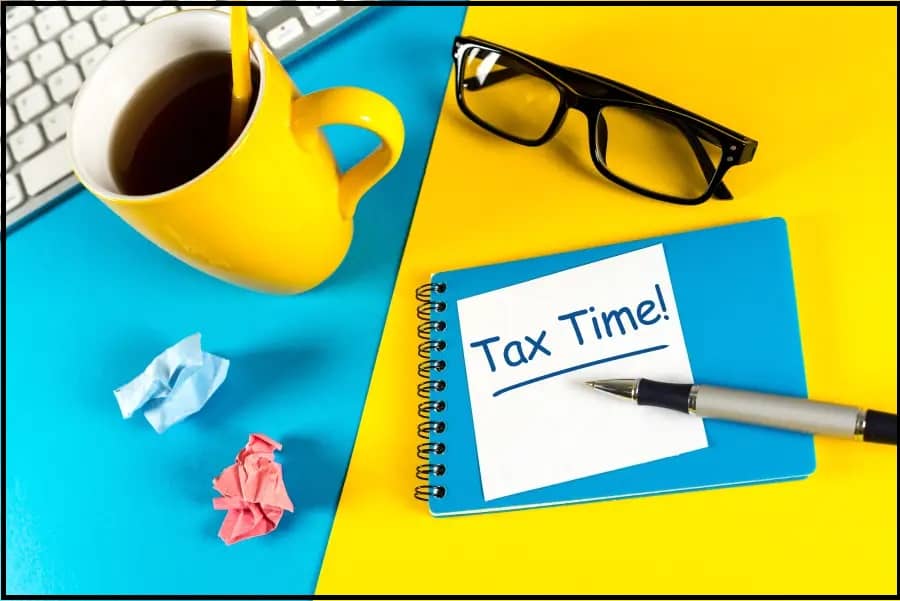Most individuals and businesses must file an annual tax return. If they’re due a refund or want to minimize their tax liability, they typically seek the help of a professional.
But how do you choose the right preparer? Here are some important qualities to look for. A good preparer also follows proper security protocols to safeguard client information.
Experience
The work of tax preparation in Las Vegas, NV is complex and requires strong math skills, as well as a deep understanding of the latest IRS rules and regulations. Many professional tax preparers are CPAs, EAs, or attorneys who have earned credentials from the IRS or state boards and must receive continuing education each year. These individuals also need to have strong people and problem-solving skills, as they become confidantes to their clients who trust them with sensitive information.
Ask friends and family for recommendations if you’re looking for a qualified tax preparer. They may be able to recommend someone who has experience with your specific situation, such as investments, employment status, or residence status. It’s also a good idea to check the Better Business Bureau’s profile for the individual you’re considering using for your taxes. This profile includes information such as how long the person has been in business, complaints against them, and if they are licensed and bonded to practice their profession.
You can also find local free tax assistance through the IRS’s Volunteer Income Tax Assistance program (VITA). When working with a paid preparer, ensure they know what they need from you, including records such as W-2s, 1099s, and 1098s. Avoid any preparer who offers to e-file your return simply using pay stubs or other proof of income, as this is against IRS rules.
Knowledge
A good tax preparer should know everything about federal and state taxes, deductions, credits, and how they will affect a client’s income. They should also understand the various tax forms and how to fill them out correctly. Even simple mistakes, such as placing a decimal point in the wrong place, can throw off an entire return and cost clients money.
Besides general business savvy, tax professionals should stay up-to-date with current laws, rates, and regulations through continued education courses. This can be done through webinars, online classes, or by subscribing to a tax prep software provider that offers a continuing education platform.
Finally, tax preparers should be able to answer questions from clients quickly and accurately, especially during busy periods at peak tax filing times. They should also be able to handle difficult or controversial issues involving their clients without compromising their integrity or violating tax code guidelines.
Aside from having credentials from a third-party issuing organization, the IRS requires tax professionals to have a Preparer Tax Identification Number (PTIN) and an Electronic Filing Identification Number (EFIN). While anyone can get a PTIN, there are strict requirements for CPAs, EAs, and tax attorneys. They must complete an exam, maintain ongoing education requirements, and adhere to the ethics and standards set by their respective licensing boards. In addition, a non-credentialed preparer must submit a W-9 form and pay fees electronically through an IRS-approved method, such as the Wolters Kluwer TaxWise fee payment products.
Time
Whether you are an individual or a small business owner, filing taxes is time-consuming. The IRS estimates that filing your taxes can take 13 hours on average. This is a lot of time that could be better spent with family or running your business. A professional tax preparer will help you save that time and file your taxes correctly.
Additionally, they will know about deductions and credits that you may need to be made aware of and can save you money. They also keep up with the latest changes in tax laws so that they can ensure your taxes are filed properly and on time.
A good tax preparer will be available to answer your questions or concerns throughout the year. They should respond promptly and answer your questions within a reasonable time. Additionally, they should include a reasonable number of consultation hours in their contract.
It is also important to look for a tax preparer who follows security protocols for their client’s information. Avoid a tax preparer who does not use encryption to protect your information. Also, you should be concerned if they refuse to sign your return or ask you to self-sign it. This is a red flag and should be reported to the IRS immediately.
Money
When choosing a tax professional, consider qualifications as well as fees. While preparers from chains may be able to handle simple returns, if you’re looking for guidance and advice on tax-minimizing strategies, choose someone certified by the IRS. You can look up credentials for CPAs, enrolled agents, and tax attorneys on the IRS website to determine how qualified they are to work with you.
Many tax professionals use an hourly rate, charging a set amount of time for each data item that requires review or a specific task, such as filing a return extension. Some use a retainer fee, charging a flat amount upfront and then billing for services as needed throughout the year. Others charge a blended rate, using both hourly and flat rates.
Regardless of what method a tax professional uses, it is important to be transparent about fees. Some preparers advertise a price for each type of tax form, while others charge an hourly rate or set a fixed amount for every return they complete.
It is also important to avoid preparers who make false claims or promise large refunds, as these individuals often scam their clients by depositing their clients’ refunds into their bank accounts and leaving taxpayers legally responsible for the information in return. Likewise, it’s best to avoid preparers who ask for cash only and don’t provide a receipt.

